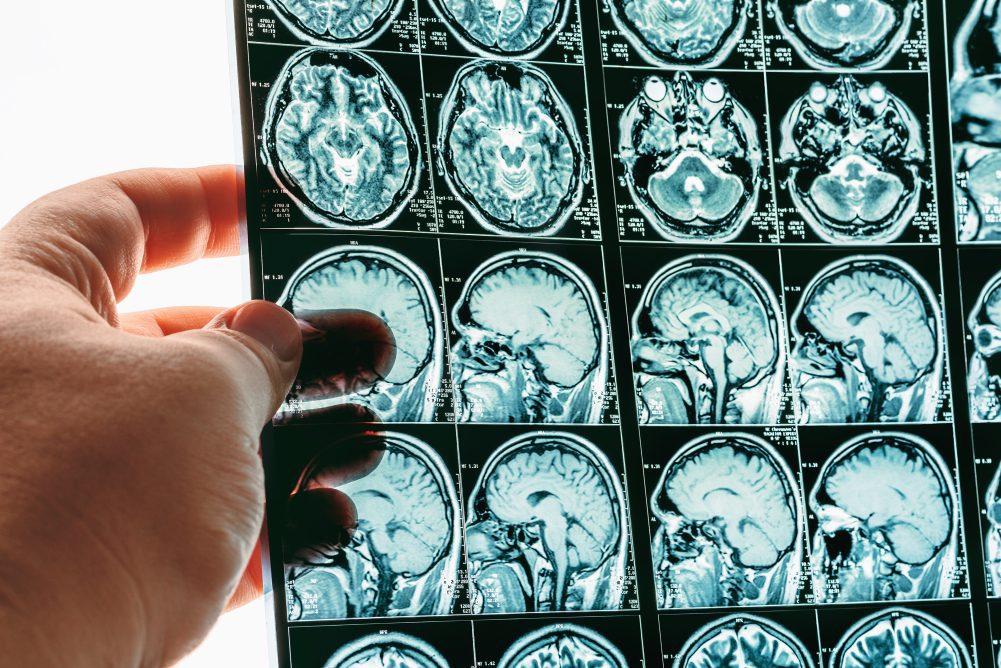When you hit your head on something hard during a car crash, or something hard hits and/or penetrates it, you risk receiving a traumatic brain injury. Some authorities say that crash-related TBIs account for upwards of 14% of all TBI-related deaths. In addition, TBIs represent the number one cause of death for those in the 5-24 age bracket plus the number one cause of hospitalization for those in the 5-44 age bracket.
Per the Mayo Clinic, a violent blow to your head causes it to forcefully jerk back and forth. This, in turn, causes your brain to move likewise inside your skull. As your brain violently “sloshes around,” its delicate nerves and tissues become injured, resulting in a TBI.
TBI symptoms
You should take any head injury you receive in a car crash or any other accident very seriously. One of the problems with TBIs is that you may or may not experience immediate symptoms. A head trauma specialist therefore needs to assess, test and evaluate you to determine the extent of your injury.
Your TBI symptoms may not appear until hours, days or even weeks after your accident. Common symptoms include the following:
- Difficulties with your vision
- Difficulties with your hearing
- Difficulties with your memory
- Difficulties with your balance or coordination
- Difficulties with your sleep patterns
In addition, your TBI may cause a change in your personality. You may find yourself experiencing anger, hostility, sadness and/or depression far more than you did prior to your injury.
TBI aftermath
A TBI could result in your inability to work for a substantial period of time. It could also require you to undergo a long period of hospitalization, followed by a long period of rehabilitation. If you sustain a severe TBI, you could become permanently disabled, either partially or totally.














